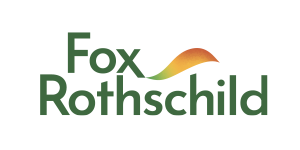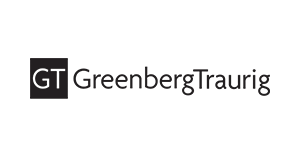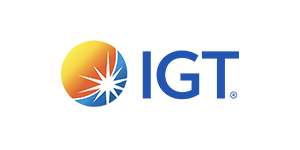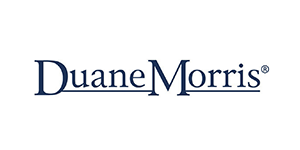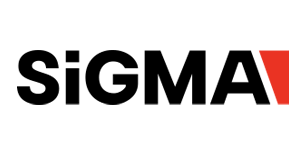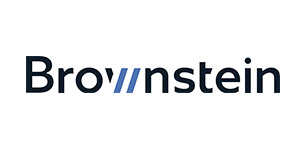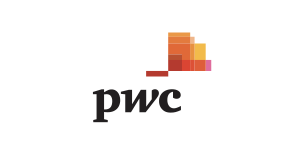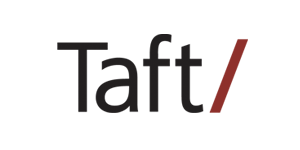- Home
- About IAGA
- Events
- Membership
- Sponsorship
|
United Kingdom: facing an uncertain restrictive future In Great Britain last year there were 155 casinos, 7,318 betting shops, 1,637 arcades, and 643 bingo halls. The gambling industry employs nearly 100,000 people in Great Britain and produced a total GGY of GBP14.3bn between October 2018 and September 2019. Last year, remote (online) gambling continued its inexorable rise, reflecting the role of technology in modern life and overtook non-remote gambling as the largest combined sector for the first time. Online casino games dominate the remote sector, generating GBP3.2bn in GGY, most of which comprises slot games.
GGY for remote betting totalled GBP2.1bn, led by football and horse betting. Non-remote betting generated GBP2.8bn last year and leads the non-remote sector, comprising the use of gaming machines and off-course betting as its most popular forms. Landbased casinos generated GBP1.1bn GGY last year. Lotteries, including the National Lottery, remain extremely popular with the British, generating GBP3.7bn GGY last year, of which GBP3.1bn was generated by the National Lottery alone.
The United Kingdom was the worst-hit country in Europe in terms of both the number of cases and deaths as a result of Covid-19. As of July 20 2020, the United Kingdom had 295,000 confirmed cases of Covid-19 and 45,318 deaths. Lockdown officially began in the United Kingdom on March 23 2020, although casinos, betting shops, arcades and bingo halls were required to close from March 20 2020. All sporting events were cancelled from mid-March, with league football cancelled from March 13 2020 and horse racing from March 18 2020. National Lottery products remained available throughout lockdown, and after an initial decline in sales as lockdown restrictions meant consumers carried out fewer shopping journeys, a shift to online play means sales are almost at their usual levels.
With no non-remote gambling (other than the National Lottery) available and the cancellation of all live sport in the UK and across much of the world, activities which usually generated 50 per cent of the overall market stopped overnight. However, gamblers did not appear to replace their usual product, if now unavailable, with another. Online slots and casino games saw some increase to GGY during the lockdown period, though this was due to increased spend per customer and not a rise in active players, and data suggests that the incidence of switching from landbased to online gambling was relatively low. March and April 2020 saw an increase in betting on virtual events, (41 per cent increase in GGY between March and April 2020) due, in part, to the popularity of the virtual Grand National at the beginning of April in which Tiger Roll, the favourite for the real event, faded after the last virtual fence to finish a disappointing fourth. However, the loss of the favourite meant that a healthy GBP2.6m was raised by the betting industry from the race for National Health Service Charities. Urged by government ministers, concerned that vulnerable players may be at heightened risk during the time of Coronavirus pandemic, the Gambling Commission issued formal guidance for online gambling operators to protect such consumers, but did not impose the deposit limits or absolute advertising bans seen in other jurisdictions. The industry announced on April 27 2020 that it would cease all television and radio advertising until June 5 2020 in order to safeguard the vulnerable.
Health is a matter devolved to each country in the United Kingdom, and therefore the easing of lockdown restrictions has progressed at different rates in England, Wales, Scotland and Northern Ireland. In England, live sport was permitted ‘behind closed doors’ from June 1, with horse racing returning immediately and league football following in mid-June. Betting shops in England were able to open from June 15, whilst bingo halls and arcades could open their doors from July 4. Landbased casinos in England had to wait until August 1 to reopen. On reopening, all businesses must ensure that social distancing guidelines are followed and introduce new Covid-safe measures as required by law. Scotland, Wales and Northern Ireland have followed a slower timeline for lifting lockdown measures; at the time of writing, no date has been provided for when casinos in Wales or Scotland may reopen.
Landbased casinos and betting shops provide the majority of gambling industry employment in the UK, employing around 64,000 people. Whilst able to benefit from the government’s furlough scheme, which guaranteed to cover 80 per cent of the wages of employees who were not able to work, up to GBP2,500 a month per employee, bookmakers, casinos and most gambling businesses were specifically excluded from the 12 months’ business rates relief which was announced for the retail and leisure industries in March 2020. As such, struggling operators have warned that redundancies and closures are inevitable.
POST CV19 OUTLOOK
Online gambling represents a significant proportion of the UK’s GGY, and looks to fare far better than the landbased industry post-Covid-19. The United Kingdom did not experience the same draconian restrictions on advertising and deposit limits imposed by many other countries in Europe, and the online gambling industry looks to emerge comparatively unscathed. The landbased gambling industry may never recover fully. Betting shops, many of which were already struggling with the impact of recent changes to legislation on their revenues, bingo halls, and casinos, having been forced to close for more than four months with limited financial assistance from the government, have warned of inevitable job losses and closures.
With strict quarantine requirements in place for the few who may decide to travel to the UK, many casinos will also face the impact of a fall in high-value tourism from China and the Middle-East on reopening.
The Great British gambling industry found itself in a challenging regulatory environment pre-Covid-19, with increased regulatory scrutiny driven by anti-gambling sentiment in politics and the media. It is likely that this will intensify with socially distant gambling resulting in considerably reduced capacity, particularly if the predicted severe recession follows and the Gambling Commission feels that further regulatory restrictions on operators are necessary.
|


